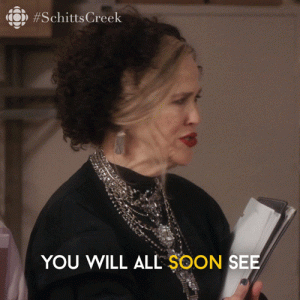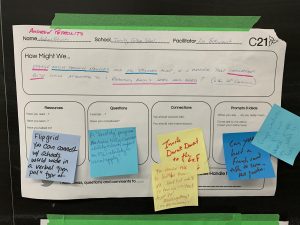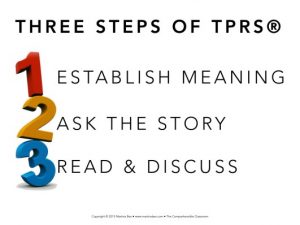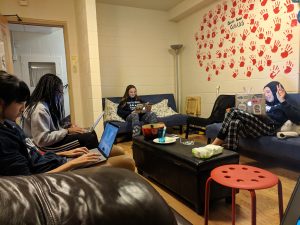I have been very focused and deliberate with my assignments this year. I have focused on quality rather than quantity. Hoping to allow students to strike a better work-life balance, Classwork has had a focus on efficiency. My students seem to be making the connection and understanding why the process is where all the learning is.
This last little while has justified my process and encounters with two separate students have thankfully reinforced my stance on process over product.
Teaching Grade 12 Advanced Placement French has been a blessing and a curse. Students both wish to learn more, but feel they should be getting a higher grade because they are an “AP” student, as though it makes them a little better than the rest. I have been toiling with students all year and my goal in the course has been to get them to become proficient by learning in the language, not just about the language.
The course dictates academic writing and I have always instituted that students write an essay and this year I have given much more time for students to create a meaningful conversation regarding style and writing. Asking students to come for help in class has allowed me to really sit and comment on a student’s writing, and more importantly, give one on one feedback. Two students provided me with insight into my progress. Anne (not her real name), who is a weaker French student, came with new material and progress each day. Asking multiple questions regarding style and grammar which helped make her mark better than it would have been. She was hoping for a mark in the high 90’s (which is a little far fetched) but was quite happy with her mark in the end. On the final handout, I indicated to students that I would not write on their final drafts but merely assign their mark. If they wished for feedback, we would go over the paper together to help understand their result.
The reason for this, is that students are forced to use google docs and the comment system. The digital conversation that ensues is in sort, a con versation, observation and product. All items that are to be evaluated. The conversation involves mentioning how they reacted to the comments and how their changes indicated learning. Anne was happy with her responses to critique. She did not need her final paper to have a mess on it. The conversation was the mark. She felt that she had shown growth and understood that her original paper would have given her a low 80 and that thanks to her work and growth, she was able to learn about her mistakes and change them. The end result, learning.
versation, observation and product. All items that are to be evaluated. The conversation involves mentioning how they reacted to the comments and how their changes indicated learning. Anne was happy with her responses to critique. She did not need her final paper to have a mess on it. The conversation was the mark. She felt that she had shown growth and understood that her original paper would have given her a low 80 and that thanks to her work and growth, she was able to learn about her mistakes and change them. The end result, learning.
Julia, on the other hand, decided to go solo. She had nothing to show in all classes. I made a point of prompting and conversing with each student in the class twice a period to give them an opportunity to ask questions and seek feedback. She wanted none of it. She then submitted her essay late. When her paper was returned she was taken aback. I was generous in giving her an 80. She, on the other hand, challenged immediately for at least a 90.
I then asked her if she would like her paper to be properly corrected and returned to her. After this was done she stood in disbelief in my office. Julia had never had a paper carved up like this and felt I was being too strict (I indicated that she had even spelled the protagonist’s name 3 different ways in the paper). It wasn’t pretty. The conversation that ensued was interesting. She felt that it was unfair and seemed to feel that she didn’t know she would get a bad mark…
Her lesson:
No one in the real world submits work without having someone review it first if it is important.
Creation requires feedback. Working alone means only looking with one pair of tired and biased eyes.
Work should not be treated like the lottery; I’ll buy a ticket and hope for the best! The best creations go through various iterations before they ever see the light of day! Needless to say, focusing on skills creates thinkers, focusing on marks creates anxiety.
My question is:
How might we create a classroom where evaluation is evolving in order to accurately gauge a student’s ongoing learning?
My Journey is found here!
 comparing themselves to others.
comparing themselves to others.








